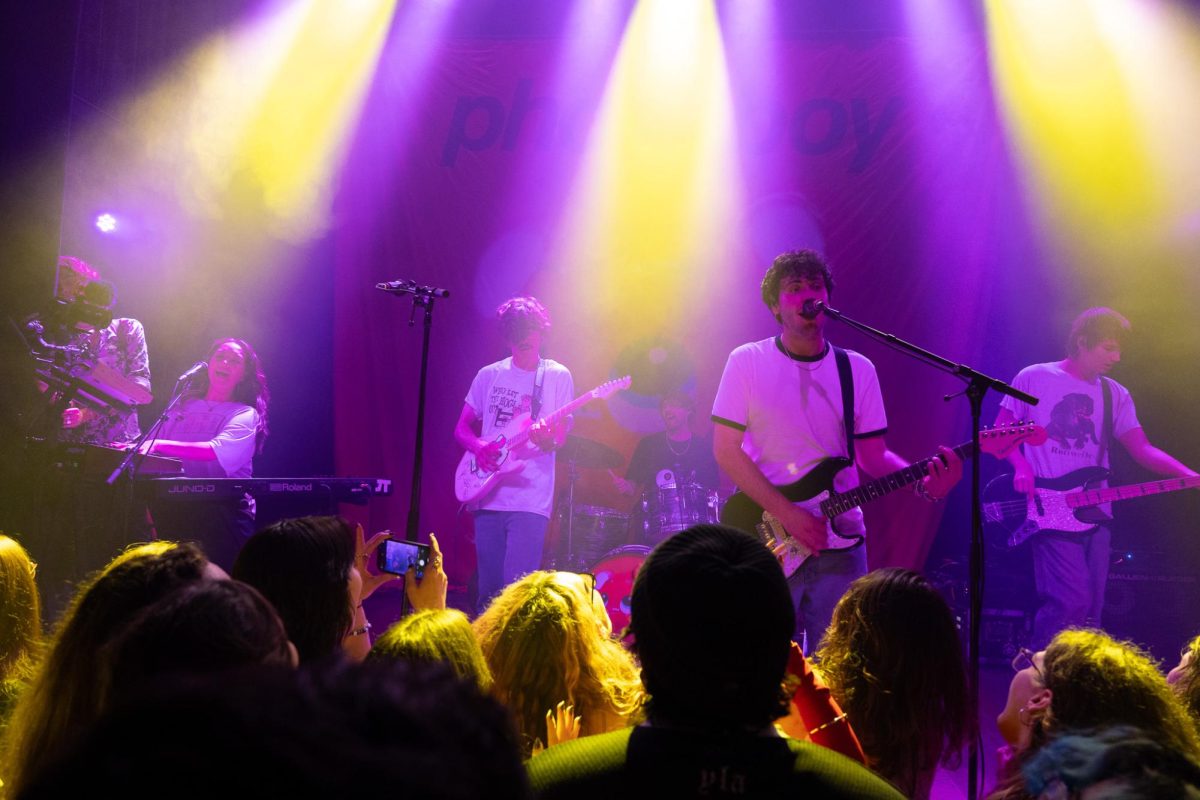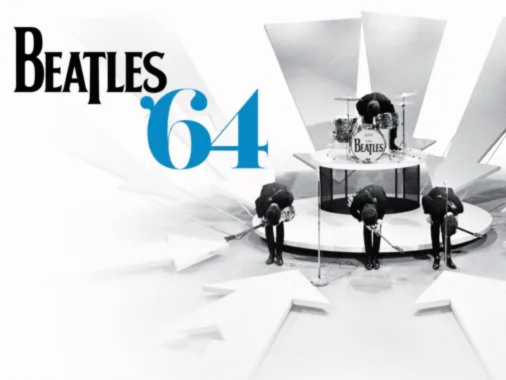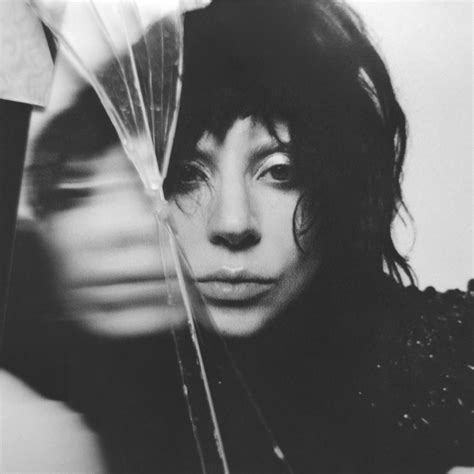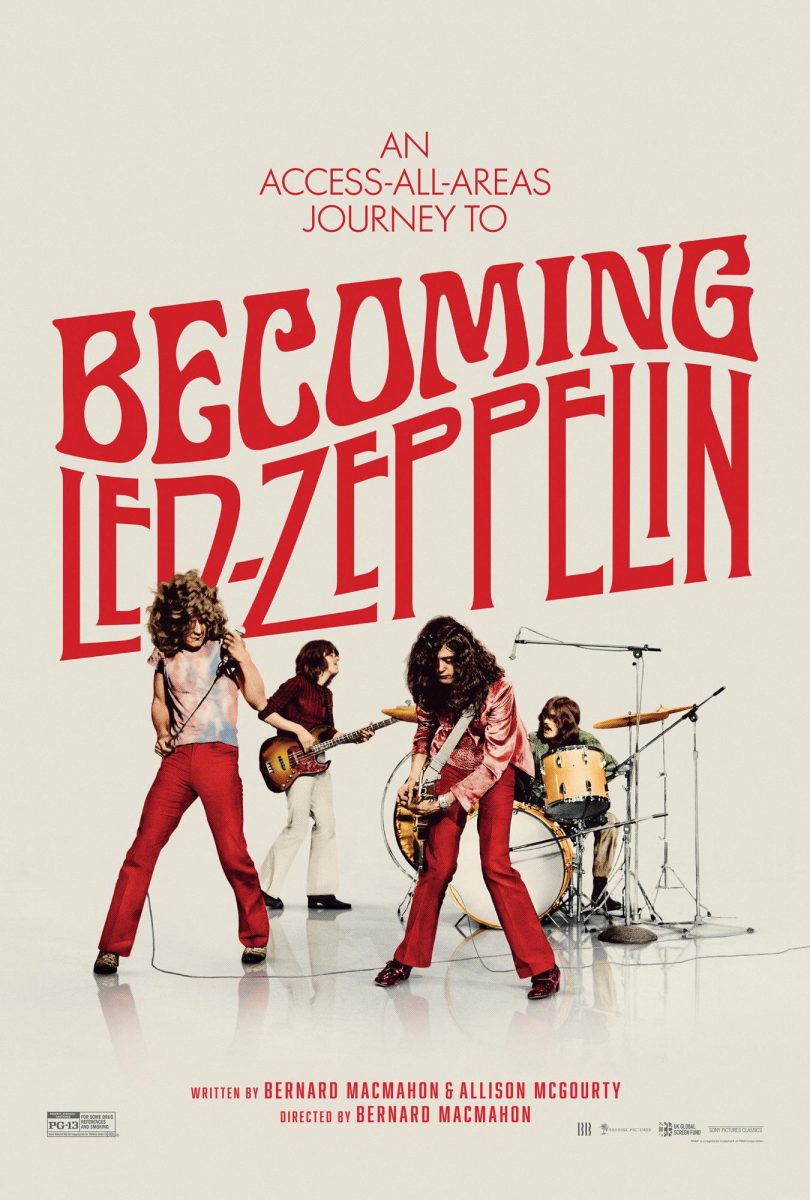Taylor Swift’s much anticipated eleventh album, “THE TORTURED POETS DEPARTMENT,” was recently released between the North/South American and European legs of her billion-dollar Eras Tour. It appears that Swift is trying to keep her spot as this generation’s musical talent with TTPD, inventing new lyrical landscapes with her 31-song double album release. Yet, her attempts to cement her legacy as a “tortured poet” end up more desperate than effective. It is a distinctly Swift album, meandering through loves lost and her draining fame. But its overwrought prose and sonically similar songs make it one of her less successful endeavors.
Swift is not slowing down anytime soon with her insatiable work ethic. The album was heavily marketed (as its title indicates) as a pinnacle of Swift’s songwriting successes. There is no doubt that Swift excels with her lyricism, albeit faltering on her penultimate album “Midnights” in comparison to the wildly successful “Folklore” and “Evermore.”
The double album is split into two parts; side A is produced mostly by Jack Antonoff and his classic synth-pop with a slightly country twist while side B is an Aaron Dessner production with slower, folksy sonics. This era’s aesthetic is watered-down gothic romanticism, black-and-white photographed “tortured poets” who have lost their minds to the horrors of love.
This isn’t too far off to Taylor Swift’s tumultuous recent relationships, ending a six-year romance with Brit Joe Alwyn and mainly focusing on the highly controversial month-long relationship with singer Matty Healy, to fans’ surprise. Healy has been embroiled in scandals of racism and misogyny, muddying the squeaky-clean image of Swift. This relationship garnered much criticism for Swift, especially as she had come out as a socially aware Democrat in her Miss Americana documentary.
Few songs on the A side truly stood out for me. The title track “The Tortured Poets Department” was an attempt at portraying a weed-induced stream of consciousness with a rocky situationship. The song lacked the necessary deprecating, self-aware sarcasm, which makes lyricists like Lana Del Rey stand out.
Taylor Swift writes, “but you told Lucy you’d kill yourself if I ever leave/And I had said that to Jack about you so I felt seen/Everyone we know understands why it’s meant to be/Cause we’re crazy.” I wouldn’t really be bragging about being as psychotic as a man who inhaled a raw T-bone steak and did a Nazi salute on stage, Taylor. She acknowledges his broodiness as a tortured poet and makes fun of his metaphorical typewriter, declaring that they are both “modern idiots” but acts in a way that fails to acknowledge that fact. The album shows that Taylor desperately wants to earn poetic status, making the jokes unaware.
Track five “So Long London” refers to the end of her six-year romance with actor Joe Alwyn, a parallel to her song “London Boy” on Lover. It begins with a chime-like staccato, which is pleasantly reminiscent of the bells of Parliament. It is a clear Aaron Dessner production, which happens to suit Swift best at the moment. It contains clever references to English culture, like “I kept calm and carried the weight of the rift” and she also questions “the tragedy” of Shakespeare. It heavily hints at Alwyn having depression, which is a whole other ethical debate about art and disclosure. It also reveals that Swift “died on the alter waiting for the proof,” indicating that she did want to get married despite her protests on “Lavender Haze.” It is a sad but tired goodbye, containing wordplay with “so long, London” as she “gave you all of that youth for free/for so long, London”. Overall, I found the track to be fairly enjoyable.
“But Daddy, I Love Him” is another Healy special as Swift critiques fans who questioned her relationship. It is a slightly country song where she dismisses any complaints with the lyric, “God save the most judgmental creeps/Who say they want what’s best for me/Sanctimoniously performing soliloquies I’ll never see.”
Well, I wouldn’t call people calling Healy for his problematic behavior as “judgemental creeps,” and it is clear that she has seen these “soliloquies” because why else would she be writing this song? She goes in for shock value, saying that “she’s having his baby” in a line that doesn’t really have the bite that Swift wants it to. She writes that “soon enough the elders had convened/Down at the city hall/Stay away from her.” One, who are these elders? The millennial peers and Gen Z fans who have been most vocal? Second, they are not warning off Healy but Swift herself for engaging with this man. Especially as she has proclaimed herself as a socially progressive feminist.
The songs “Down Bad” and “I Can Do It With A Broken Heart” are classic pop devoid of any real substance with attempts at being relatable in her emotional turmoil. In “Down Bad,” she is crying at the gym over a failed situationship (after all that defense, Swift admits that Healy simply ghosted her) that seems more emotionally distressing than a six-year relationship.
In “I Can Do It With A Broken Heart”, she admits she is smiling through the pain and actually is miserable despite her recent successes. Apparently, Taylor is, “so depressed I act like it’s my birthday/Every day,” whatever that means. One could easily see the cracks through this façade, and maybe it’s time for Taylor to take a break.
As for the B track, the songs are more sonically cohesive, slower and almost sound a little too similar. There are some enjoyable songs but like track A, she could’ve reduced the setlist by half.
“Chloe or Sam or Sophia or Marcus” is a ballad in which Swift reminisces on, likely, Healy moving forward with his life. Like “So Long London,” Swift reveals a lot about the subject’s personal life, like a drug problem and undisclosed sexual identity. As far as the melody, I think it features Swift at her vocal best and is quite an enjoyable listen. She says that even her romantic relationship “turned her into an idea of sorts” and while this is a distinct phenomenon for Swift, it resonates with many women. It is Swift at her most honest, and she is not trying to be anyone she is not, confessing her fears.
“The Prophecy” has some nice writing and is sonically really enjoyable. In the introduction, Swift writes, “Hand on the throttle/Thought I caught lightning in a bottle/ Oh, but it’s gone again,” reflective of her hopes and realizations that none of these men are the one. She begs to “change the prophecy” that seems inevitable. Some of the lyrics are a little clunky, like the “sorceress table” and the fact that she states that she doesn’t want money and will spend all of it on psychics and the divine. You could live 100 lives and still be in the 1 percent, Taylor.
“How Did It End” seemed like Swift rifled through a dictionary when constructing the song as it was so overwritten, and her word usage seemed like a student trying to show intelligence by using a bunch of poorly placed “fancy” words. “thanK you aIMee” is a clear dig at Kim Kardashian, but it is a throwaway track and the capitalization is so beyond obvious. In “Cassandra,” she compares herself to the Trojan icon as she predicted Kim’s lies first. I think that Kim Kardashian’s monstrosities had been exposed long before you and your omniscience.
After the Eras tour, Taylor needs to take a well-deserved break and maybe step away from her pen a little bit. I want her to focus on quality over quantity and not just writing half-baked similes upon repetitive sonics. Overall, I felt like there was a disconnect between what Taylor was trying to do, the wit that she intended to write, this gothic aesthetic that tries and fails, and these bad romantic relationships. TTPD has some highlights, but not enough to justify this album.
3/5













